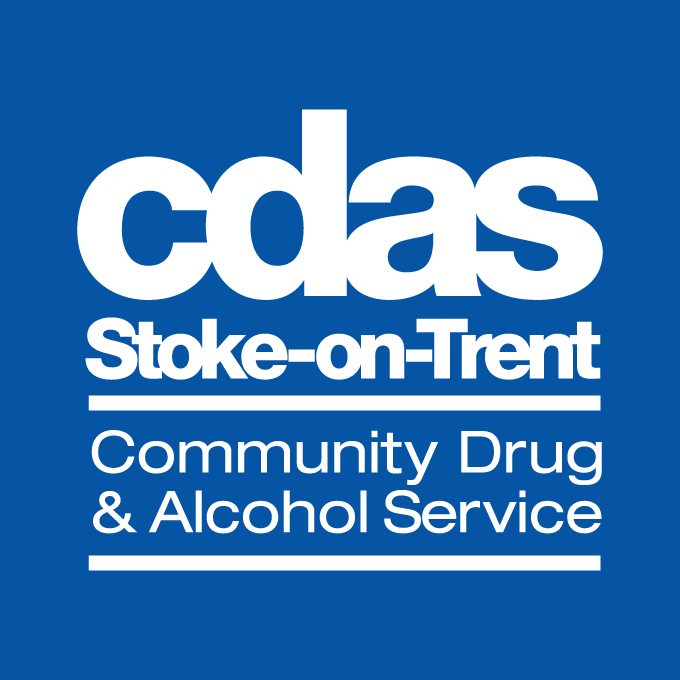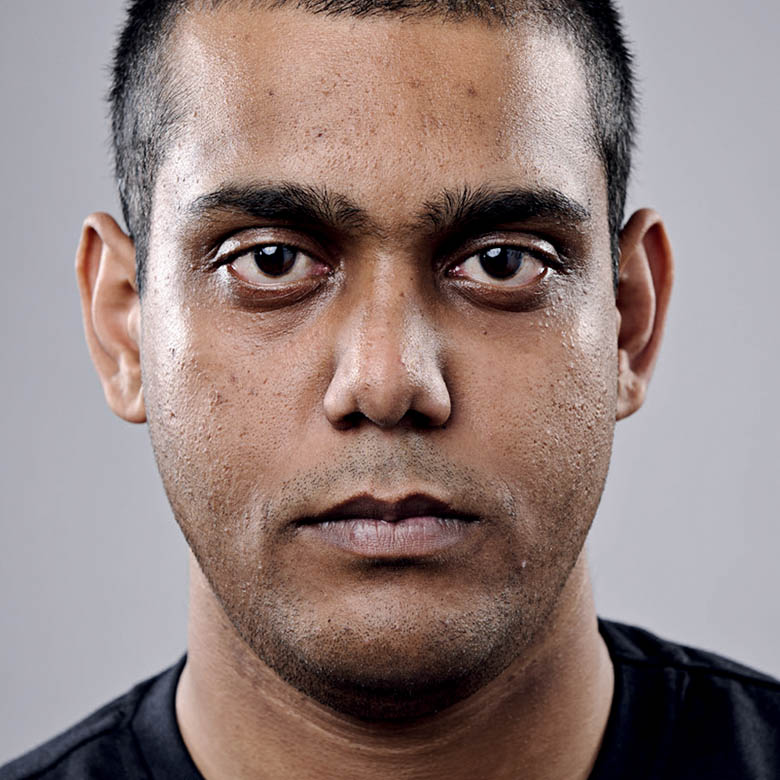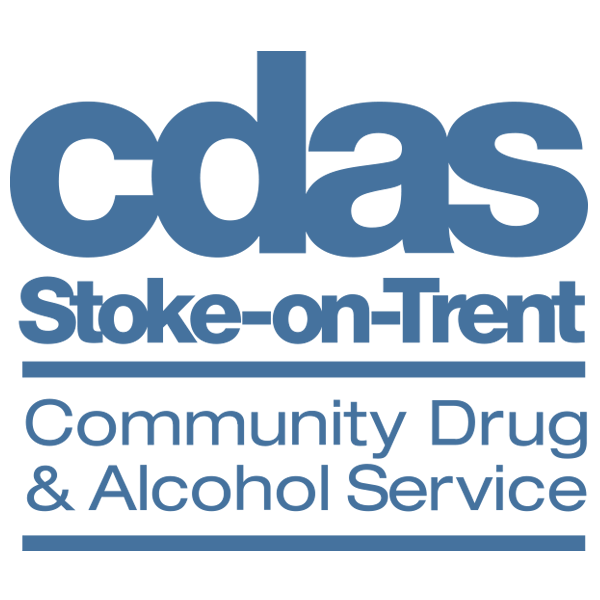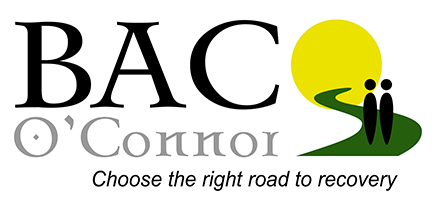Self-harm is when you hurt or harm yourself on purpose. It’s often a way to cope with difficult thoughts or feelings when you don’t know what else to do.
It’s quite common and it can feel like it’s the only way to cope. But there are better, healthier ways to manage your feelings and it is possible to stop.
Am I self-harming?
Anything you do deliberately to hurt or harm yourself is self-harm. It could be:
- pulling your hair
- burning or cutting yourself
- punching walls
- banging your head
- picking at or scratching your skin
- not eating or eating too much
Hurting or harming yourself may feel like a solution to begin with, but it’s not a helpful way to manage your feelings.If you hurt yourself badly
If you hurt yourself badly, or you have an injury that’s worrying you, it’s important to get help.
You can get help from:
- your GP (ask for an emergency appointment)
- any adult you trust
- a school nurse
- A&E
Managing the urge to self-harm
The trick is to find other ways to manage your feelings apart from self-harming. Different things work for different people. It depends on why you’re harming yourself.
If you self-harm to punish yourself, for example, it may help to have a cold shower or go for a run instead. If self-harm is how you express your feelings, try keeping a journal, writing poetry or drawing.
This video from mental health expert Dr Pooky Knightsmith has some more ways to distract yourself.
Or you could try Calm Harm, a free app that helps you ‘surf the wave’ whenever you get an urge to self-harm.
Talk to someone
If you’re self-harming it’s important to talk to someone about it. Talking to someone is how you’ll get the support you need to change. It means you won’t have to cope with difficult feelings on your own any more.
Talking about your self-harm is not:
- embarrassing
- attention-seeking
- a burden for other people
- brave
- putting your mental health first
- a way to get the help you need
You can talk to someone you know or you can talk anonymously to someone who doesn’t know you.
If you’d prefer to talk to someone you know
Think about who you trust and who you feel comfortable talking to. It could be someone in your family or a friend, teacher or youth worker. Think about when would be a good time to have the conversation and where.
What to say
When you’re used to hiding your self-harm it can be hard to open up about it. It’s normal to feel nervous when you talk about it for the first time. It’s a good idea to think about what you want to say beforehand.
Perhaps put a few notes on your phone or write down what you want to say on a piece of paper. You could start the conversation by saying something like “I’ve been having a hard time” or “I’m not having a good day”. Then just take it from there. If the person is busy, ask if there’s another time you can meet up when you won’t be interrupted.
If you’d prefer to talk to someone anonymously
- Chat to us online – our trained advisors can talk to you in confidence and help you get the support you need
- Brighter Futures offer a Self Harm Support service for anyone over the age of 18. You can call them on 01782 406000 or visit their website, using the button below.
- Call Samaritans free on 116 123 or email jo@samaritans.org
- Text Shout to 85258 and a trained volunteer will text you back
- Call Childline free on 0800 1111 (for anyone under 19.
This video from mental health expert Dr Pooky Knightsmith has some more ways to distract yourself.
Or you could try Calm Harm, a free app that helps you ‘surf the wave’ whenever you get an urge to self-harm.
Talk to someone
If you’re self-harming it’s important to talk to someone about it. Talking to someone is how you’ll get the support you need to change. It means you won’t have to cope with difficult feelings on your own any more.
Talking about your self-harm is not:
- embarrassing
- attention-seeking
- a burden for other people
- brave
- putting your mental health first
- a way to get the help you need
You can talk to someone you know or you can talk anonymously to someone who doesn’t know you.
If you’d prefer to talk to someone you know
Think about who you trust and who you feel comfortable talking to. It could be someone in your family or a friend, teacher or youth worker. Think about when would be a good time to have the conversation and where.
What to say
When you’re used to hiding your self-harm it can be hard to open up about it. It’s normal to feel nervous when you talk about it for the first time. It’s a good idea to think about what you want to say beforehand.
Perhaps put a few notes on your phone or write down what you want to say on a piece of paper. You could start the conversation by saying something like “I’ve been having a hard time” or “I’m not having a good day”. Then just take it from there. If the person is busy, ask if there’s another time you can meet up when you won’t be interrupted.
If you’d prefer to talk to someone anonymously
- Chat to us online – our trained advisors can talk to you in confidence and help you get the support you need
- Brighter Futures offer a Self Harm Support service for anyone over the age of 18. You can call them on 01782 406000 or visit their website, using the button below.
- Call Samaritans free on 116 123 or email jo@samaritans.org
- Text Shout to 85258 and a trained volunteer will text you back
- Call Childline free on 0800 1111 (for anyone under 19.







